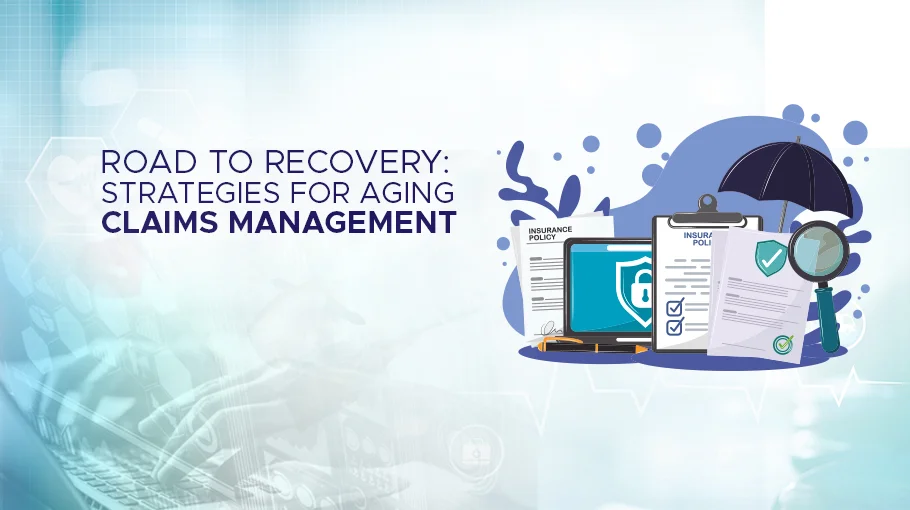Aging medical claims management can be a complex and challenging process for healthcare providers. However, there are effective strategies that providers can implement to improve their claims management process and reduce risks associated with aging claims.
Strategies for Aging Claims Management
Early Intervention
Early intervention is one of the most effective strategies for managing aging medical claims. Providers should identify potential issues as soon as possible to prevent claims from becoming more complicated and expensive over time. Providers can use automated systems to flag claims that are at risk of becoming problematic, allowing them to take action quickly and reduce the risk of fraud and litigation.
Thorough Documentation
Detailed documentation is critical to support the medical necessity and appropriateness of the care provided, especially for complex or high-cost medical services. Without complete and accurate documentation, claims can be denied, or healthcare providers may have to pay back the reimbursement. Providers must ensure that they have comprehensive documentation for each medical claim, including the diagnosis, treatment, and all procedures performed.
Regular Review
Providers should regularly review aging claims to identify trends and patterns, allowing them to identify potential issues proactively. Regular review of aging claims can also help providers allocate resources more effectively and reduce the risks associated with these claims. Providers can use automated systems to analyze the aging claims and flag claims that require further investigation.
Data Analytics and Predictive Modeling
Another key strategy for managing aging claims is the use of data analytics and predictive modeling. By analyzing historical data, providers can identify patterns and predict future outcomes, allowing them to address potential issues proactively. Predictive modeling can also help providers allocate resources more effectively and reduce the risks associated with aging claims. For example, predictive models can help providers identify claims at risk of being denied or underpaid, allowing them to address these issues before they become more complicated.
Collaboration and Communication
Effective communication and collaboration between healthcare providers, patients, and insurance companies can play a crucial role in managing aging medical claims. Providers should foster open communication and collaboration to more effectively address potential issues and prevent claims from becoming more complex and expensive over time. For example, healthcare providers can work with insurance companies to ensure that patients receive the necessary medical care and that claims are processed accurately.
Automation
Automation is becoming increasingly important in the insurance industry, and it can be a valuable tool for managing aging claims. Automated systems can help providers identify potential issues, flag claims that require further investigation, and even make decisions about claim settlements. For example, providers can use machine learning algorithms to identify fraudulent claims, reducing the risk of losses due to fraud. Most major medical billing companies have heavy investments into automation technologies.
Use a Dedicated Medical Billing Company
Medical billing companies can help healthcare providers manage aging medical claims effectively. Medical billing companies have the expertise and resources to identify potential issues, flag claims that require further investigation, and even make decisions about claim settlements. Additionally, medical billing companies can provide valuable support in the documentation and coding process to ensure accurate and complete medical claims.
Conclusion
Managing aging claims can be a challenging task, but with the right strategies, providers can effectively manage these claims and improve their bottom line. As the insurance industry continues to evolve, effective aging claims management will be more critical than ever, and providers must be prepared to adapt to changing circumstances to remain competitive.




